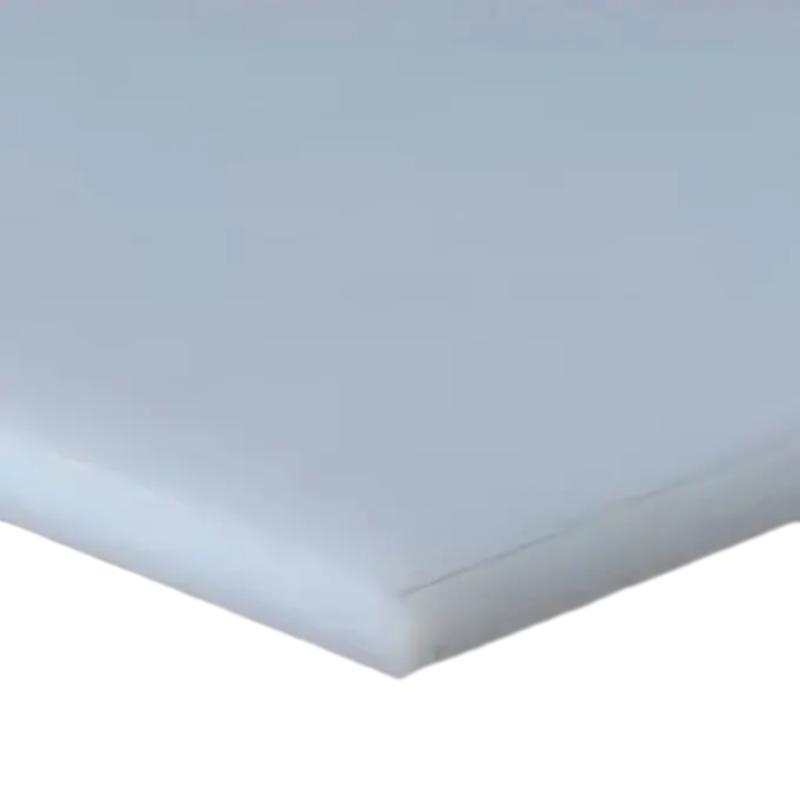Jul . 27, 2024 13:57 Back to list
High-Density Polyethylene Sheets for Versatile Applications in Construction and Manufacturing Industries
Understanding HDPE Sheets Versatility and Applications
High-Density Polyethylene (HDPE) sheets are an essential material in various industries due to their durability, chemical resistance, and versatility. Made from high-density polyethylene, these sheets are known for their high strength-to-density ratio, making them a popular choice for a variety of applications.
Properties of HDPE Sheets
One of the most notable properties of HDPE sheets is their exceptional strength and rigidity. They exhibit excellent tensile strength, which means they can withstand considerable force without stretching or breaking. This makes them ideal for applications where structural integrity is crucial. Additionally, HDPE sheets are lightweight compared to other materials like metal or wood; this reduces transportation costs and makes handling easier.
Another significant characteristic of HDPE sheets is their resistance to chemicals and moisture. They are less likely to corrode or degrade when exposed to chemicals, making them suitable for use in laboratories, as well as in the agriculture and food processing industries. Furthermore, HDPE sheets are impervious to moisture, which means they will not absorb water. This quality allows them to be used in environments where water exposure is common, such as in outdoor settings and water reservoirs.
Uses of HDPE Sheets
HDPE sheets' versatility allows them to be used in a wide range of applications. In the construction industry, they are commonly employed as vapor barriers, insulation boards, and in creating lightweight partitions. Their chemical resistance also makes them suitable for lining various structures, such as landfills or chemical storage sites, where leakage prevention is a priority.
hdpe sheet

In the manufacturing sector, HDPE sheets are utilized to create components for machinery, transportation pallets, and cold-storage applications. They are often used in the food processing industry due to their non-toxic nature, making them an excellent choice for food contact surfaces. For instance, HDPE cutting boards are popular among chefs and restaurants due to their durability and easy cleaning properties.
The agricultural sector benefits from HDPE sheets as well. They are frequently used in the construction of greenhouses, aquaculture ponds, and protective covers for crops. Their lightweight nature and durability contribute to efficient farming practices, allowing for prolonged use even under harsh environmental conditions.
Environmental Impact
As environmental concerns become more pressing, the recyclability of HDPE sheets is a vital factor. HDPE is 100% recyclable and is often repurposed into various products, reducing waste in landfills. The recycling process involves collecting, cleaning, shredding, and melting down the sheets to create new items, encouraging sustainability and effective resource management.
Conclusion
In summary, HDPE sheets are a notable material that plays a critical role across various industries due to their strength, chemical resistance, and versatility. From construction to food processing, their wide range of applications showcases the importance of this material in promoting efficiency and sustainability. As the demand for eco-friendly products grows, the recyclability of HDPE adds another layer of value, ensuring that it remains an integral part of modern manufacturing and construction practices. As industries continue to innovate and adapt, HDPE sheets will likely remain a staple material for years to come.
-
PVC Grey Sheet for Extraction: Chemical Resistant & Durable
NewsAug.19,2025
-
Durable PVC Pipe Fittings for Plumbing & Irrigation Needs
NewsAug.18,2025
-
HDPE Steel Belt Reinforced Spiral Corrugated Pipe | High Strength
NewsAug.17,2025
-
HDPE Pipe Fittings: Durable, Leak-Proof Solutions
NewsAug.16,2025
-
Premium CPVC Sheet: High-Temp & Chemical Resistant Solutions
NewsAug.15,2025
-
Durable PPR Pipe for Hot & Cold Water Systems - Easy Install
NewsAug.14,2025

